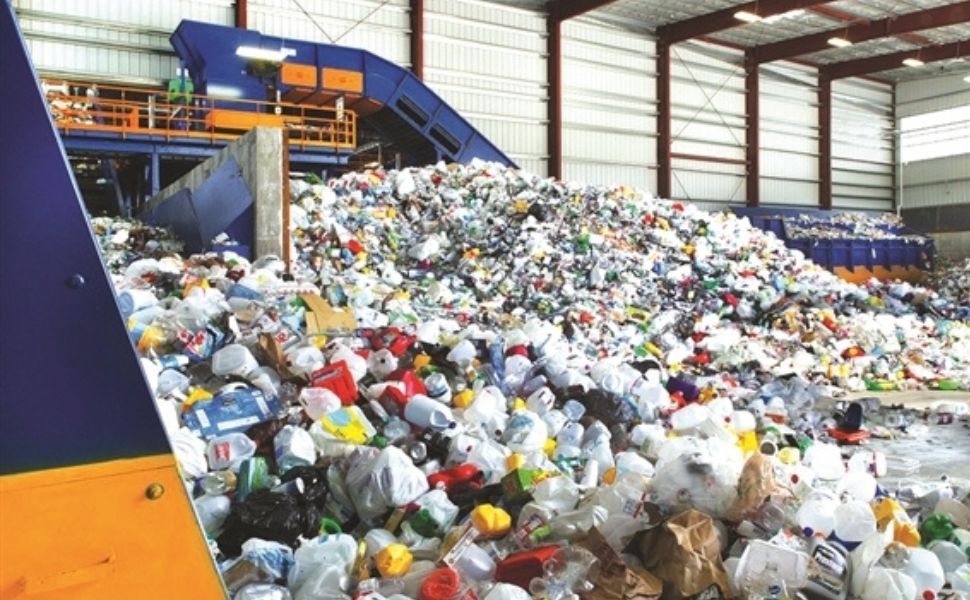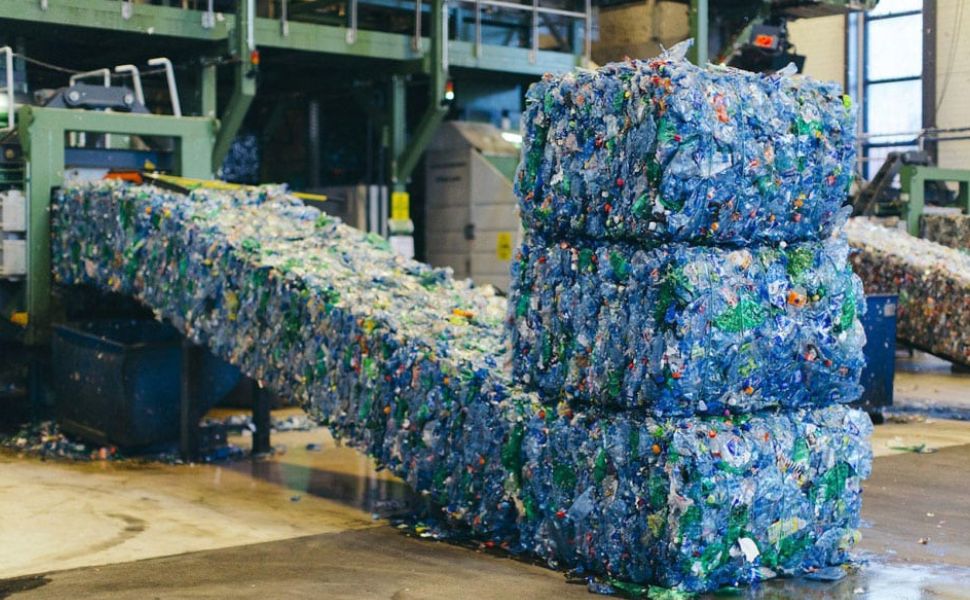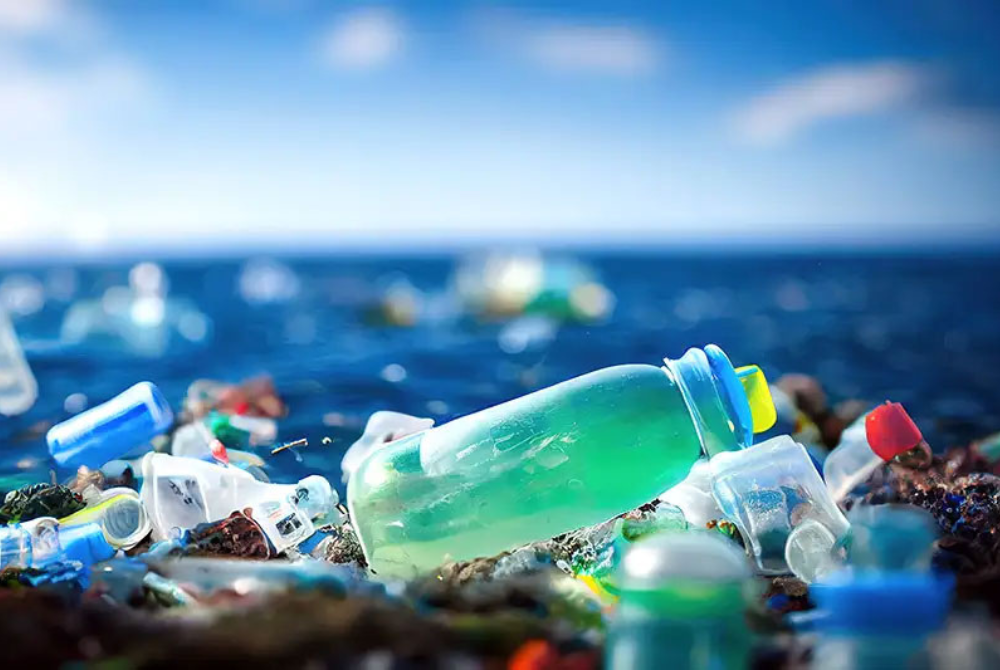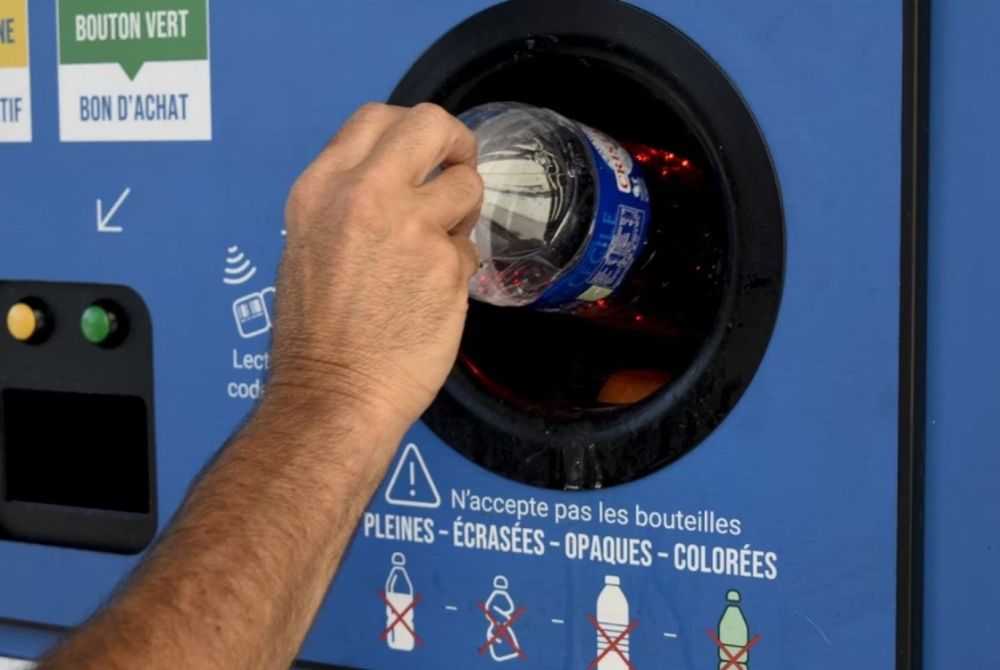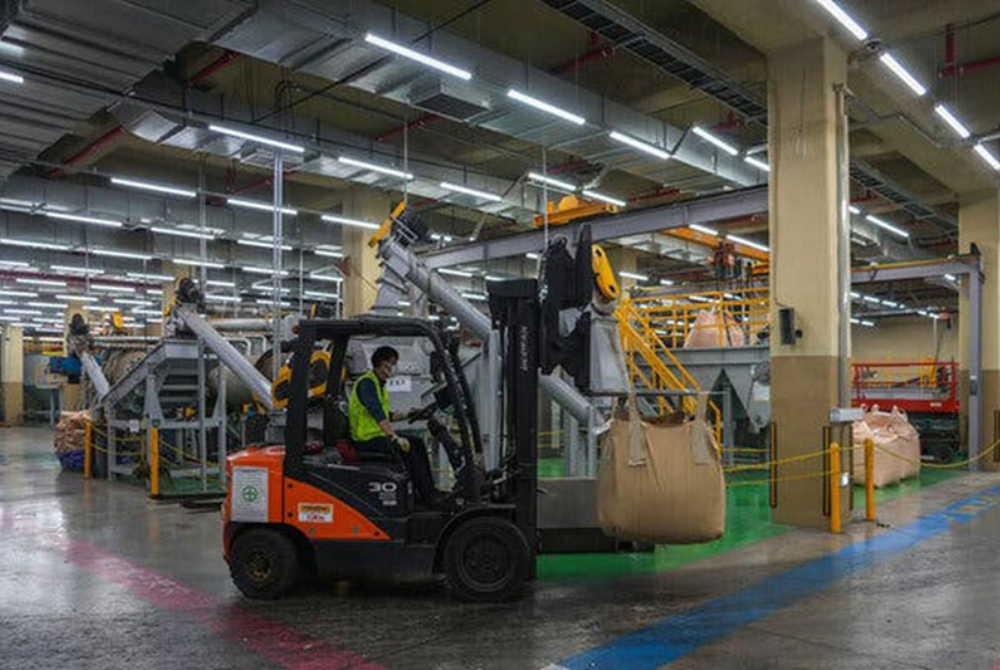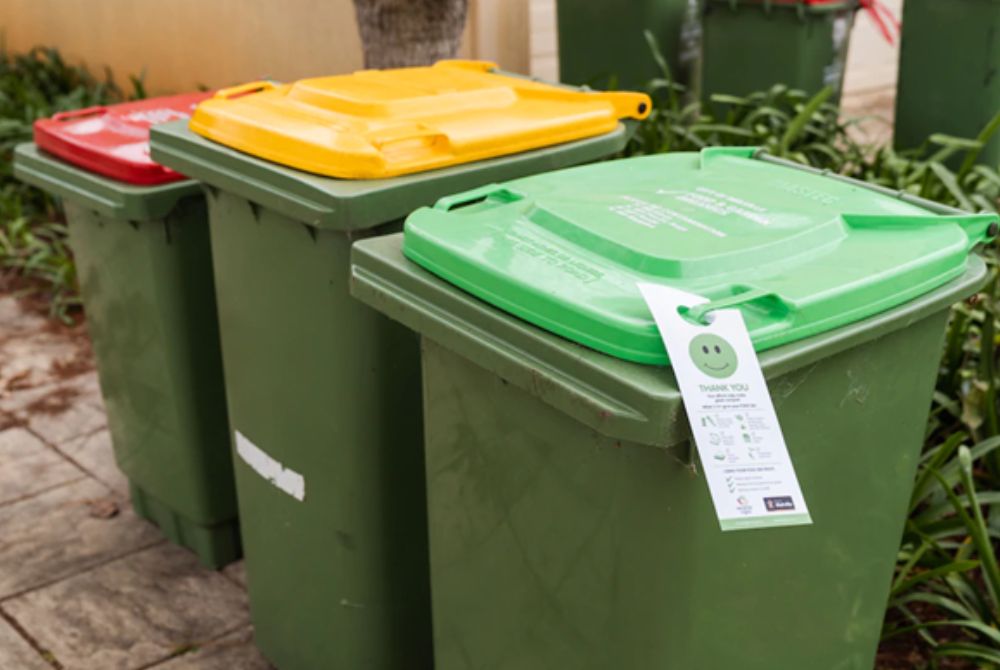Plastic waste management: Some countries' national approaches
The deal with plastic waste pollution was getting worse, and all countries in the world promulgated national methods to diminish waste pollution.
France:
Aims to recycle 100% of domestic plastic by 2025 and reduce greenhouse gas emissions by about 8 million tons per year through increasing plastic recycling. This is part of the country's broader circular economy roadmap. France banned the circulation of exfoliating or cleansing cosmetic products containing solid plastic particles from January 1, 2018. This rule excludes seeds of natural origin as long as they are unstable and do not affect the food chain.
The French’s ban did not specify the size of the particles resulting in all solid plastic particles being banned, including those larger than 5 mm. France is the first EU member state to apply this ban.
Illustration Image
Sweden
Sweden enforced a ban on cleaning cosmetic products with added microplastics such as toothpaste, body scrubs, shower gels, shampoos, and balms from July 2018. A 6-month transition period - products purchased in stock before July can continue to be sold in stores until January 2019.
Belgium
The Federal Minister for Energy, Environment and Sustainable Development and the Belgian and Luxembourg Association representatives for manufacturers and distributors of cosmetics, cleaners and conditioners, adhesives, sealants Sealants, disinfectants, and aerosols signed a voluntary agreement to phase out microplastics from a range of consumer products in January 2018. The commitment is valid for 5 years. However, the Environment Ministry insists there will be no fines if companies still have it.
Iceland
The Icelandic Fishing Boat Owners Federation has issued guidance on how to sort and dispose of fishing gear waste. If a ship loses its fishing gear, it is required by law to record and report GPS coordinates. An agreement has been made with the Iceland Recycling Fund and information on the annual collection of fishing gear is recorded and made publicly available. The Icelandic fishing industry has developed a deposit-return system for fishing gear to reduce lost gear - a system that has been proven to work globally where also banned the sale of plastic cutlery, cups, plates, straws, and cosmetics containing microplastics from January 1, 2020, and plastic shopping bags from January 1, 2021.
Illustration Image
England
On November 15, 2018, the British Plastics Association announced its Roadmap to 2025 setting a target by 2025, (1) Eliminating problematic or unnecessary single-use packaging through redesign, innovation, or alternative distribution model (reuse); (2) 100% reusable, recyclable or compostable plastic packaging; (3) 70% of plastic packaging is recycled or composted; and (4) Average recycling content of 30% across all plastic packaging. The UK's ban on the sale of products containing microplastics came into force in June 2018. Previously, a ban on the production of products containing microplastics was introduced in January 2018.
Source: www.vpas.vn



